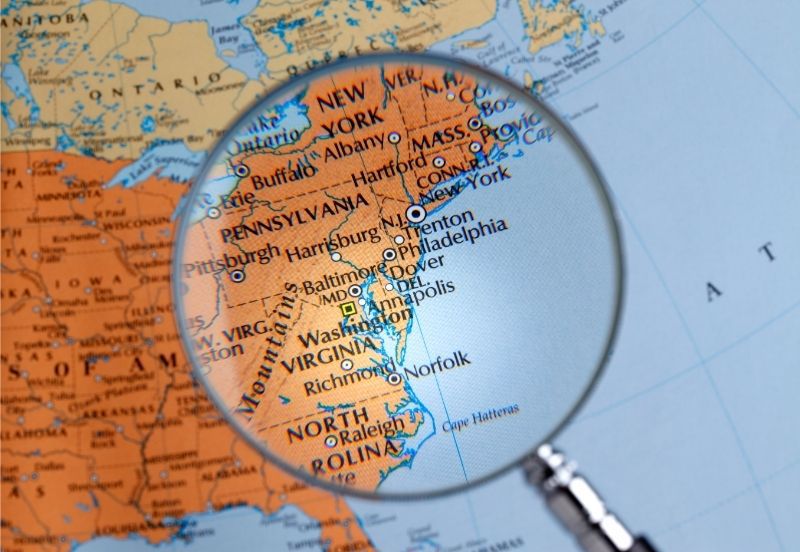Thanks for your support! If you make a purchase using our links in this article, we may make a commission. And, as an Amazon Associate, I earn from qualifying purchases. See the full disclosure here.
When it’s time to purchase an RV, the state you buy and register your RV will significantly affect the price. So what are the cheapest states to buy and register your RV? We’ll tell you here!
Local and state taxes, registration fees, insurance costs, and more will all affect how much you pay in total for your RV. These costs will vary wildly from state to state, with some states coming out much cheaper than the rest.
So, which are the cheapest states to buy and register an RV? And what all affects the final cost? Let’s take a look.
What’s the Cheapest State to Buy an RV?
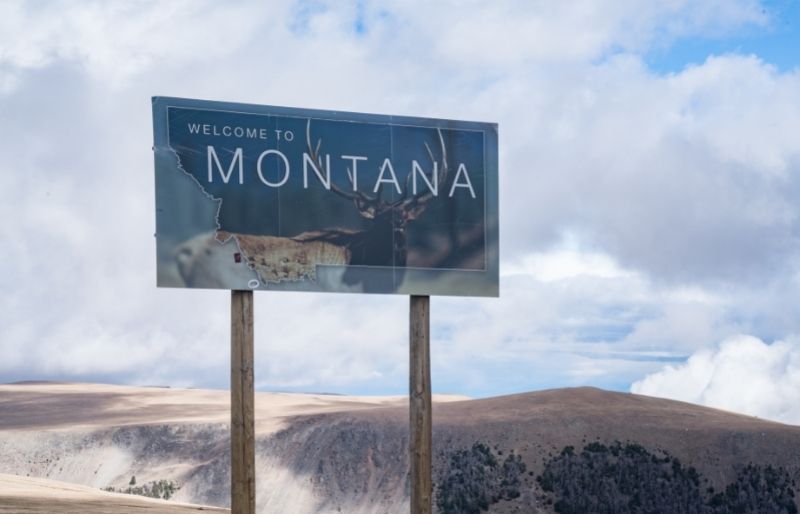
Without a doubt, the #1 best and cheapest state to buy and register an RV is Montana. Montana charges absolutely 0 state sales tax, and only 3 counties charge local sales taxes.
Not paying any sales tax means huge savings when buying your RV. But what if you’re not a Montana resident?
Thankfully, this is another reason Montana is a popular place to buy an RV: you don’t have to be a resident to register your vehicle there. Instead, you can register your RV under an LLC you incorporate in Montana.
The process is relatively simple, requiring you to hire a registered agent and file some paperwork. However, after all is said and done, the process costs around $200 to $300, plus around $70 yearly to maintain the LLC. That’s before the cost of a Montana registered agent.
States That Have the Best Sales Tax

Besides Montana, some other states have a very low sales tax that you can take advantage of. Like Montana, the states of Oregon, New Hampshire, and Delaware also have 0% sales tax. This makes them great states to buy and register an RV.
The next lowest state sales tax is in Colorado, with 2.9% sales tax. However, Colorado’s total average sales tax rate is 4.73%, including local sales taxes.
Four other states in the continental 48 also have a total average sales tax rate below 6%. Including average local taxes, these states are:
- Wyoming 5.36%
- Wisconsin 5.44%
- Virginia 5.65%
- Maine 5.5%
Alaska and Hawaii have low sales taxes as well. Alaska has a total average sales tax rate of 1.43%, while Hawaii’s is 4.41%.
However, it’s worth keeping in mind that sales taxes apply in the state where the RV is registered, not where the coach was purchased. So to take advantage of these sales tax rates, you’ll likely have to become a resident. In addition, you cannot typically create an LLC to purchase your RV in another state besides Montana.
We discuss the registration versus purchase difference in, How to Buy a Used RV from a Private Seller In or Out of State.
The requirements to establish residency (a.k.a. changing your domicile address) vary from state to state, so you’ll need to check the info for your state to find out just what to do. Typical steps for establishing residency include:
- Filling out paperwork establishing you as a resident
- Spending a certain period in the state
- Establishing a mailing address
- Obtaining a driver’s license from that state
- Applying to vote in that state
Once you become a resident, you’ll be able to register your RV in that state and take advantage of local tax rates.
States That Have the Lowest Income Tax
Although it doesn’t directly affect the cost of your RV, income taxes can have a major impact on your cost of living. So if you’re considering relocating to take advantage of low sales taxes, paying low or no income tax is a nice plus.
There are seven states which charge no income tax whatsoever:
- Florida
- Nevada
- South Dakota
- Texas
- Washington
- Wyoming
- Alaska
Additionally, Tennessee and New Hampshire charge income taxes, but only on interest and dividend income.
Of the states that charge income taxes, the lowest is in Pennsylvania, with a flat 3.07% income tax.
Comparing this to our sales tax info from the last section, New Hampshire charges neither a sales tax nor an income tax on most income. This makes it a great place to live if you want to save on taxes. But, of course, if you receive significant income from interest and dividends, New Hampshire becomes a bit less attractive.
Another big winner for low taxes is Wyoming, with no income tax and an average sales tax of 5.36%.
10 Required Fees & Costs That Come with RV Ownership
You’ll pay for more than just the sticker price when you buy and register an RV. Let’s look at all the required fees and costs of RV ownership.
1. Sales and Other Taxes
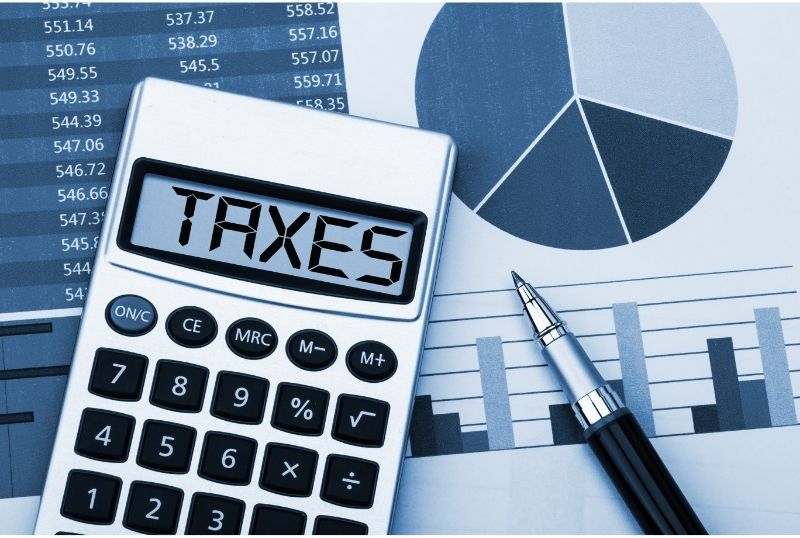
In most places in the U.S., you’ll need to pay sales tax on the purchase of your RV. The exact amount depends on where you’re buying. Each state sets its own sales tax rate, and there are often sales taxes at the local level.
Remember that regardless of where you buy the RV, sales tax is typically owed to the state you live in. The sales tax rate falls between 4% and 7% in most states.
As a part of registering your vehicle, you may also pay an “ad valorem” tax. This is a tax based on the value of your RV. Typically, this is calculated using some percentage of the RV’s fair market value.
You may also have to pay annual property taxes on your RV, which we’ll cover in a later section.
2. Registration and License Plate Fees
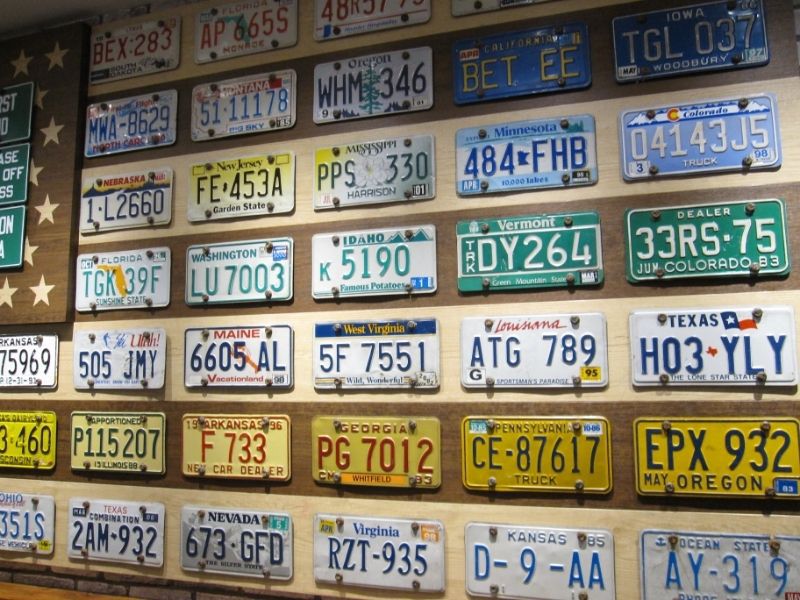
Before you can take your RV on the road, you’ll have to title it, register it, and get a license plate. The fees vary wildly from state to state. Costs are also often different between towable vs. drivable RVs. You’ll typically need to pay to renew your registration yearly, but some states let you register for longer than 12 months.
If you buy your RV out of state, you can get a temporary tag from any state’s DMV to transport it home. Alternatively, some states, known as concession states, let you register your vehicle from another state’s DMV. The concession states are:
- Delaware
- Indiana
- Kentucky
- Maine
- Massachusetts
- New York
- North Dakota
- Pennsylvania
You may also have to pay an ad valorem tax as part of your registration fees. Again, check with your state’s DMV to know exactly what fees and taxes you’ll have to pay.
Lastly, if you want a vanity plate for your RV, you’ll have to pay extra. Costs vary from state to state and can get quite pricey such as in California, where it costs $98. Besides paying to get the plate, you’ll typically have to pay an extra fee every time you renew your registration.
3. RV Insurance Costs
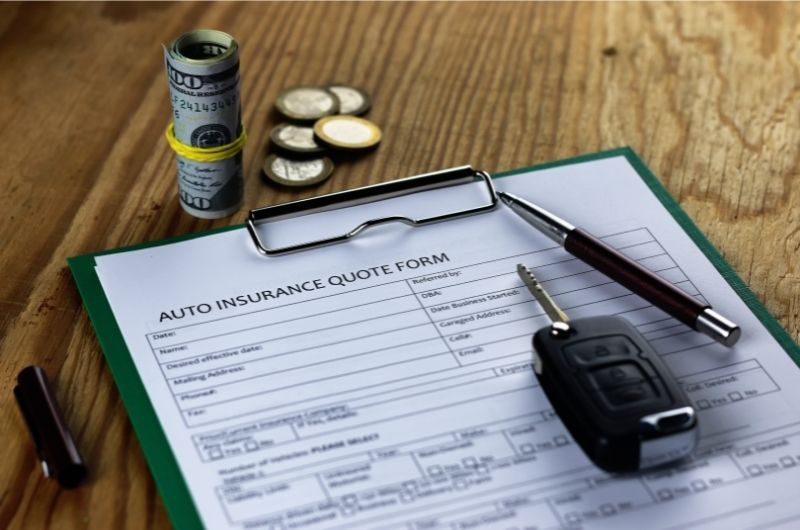
Another requirement to take your RV on the road is insurance. All 50 states and Washington D.C. require some degree of auto insurance before you can hit the road, with varying requirements from state to state.
How much your RV insurance costs will depend on:
- Where you live
- What kind of RV you have
- How you use your RV
- Personal background information
Larger RVs like Class A’s will be more expensive, and full-timers will pay more than part-timers. RV insurance can cost as little as $300 a year for a camper or over $3,000 for a Class A.
When shopping for insurance, you should always shop around for the best price and coverage. If you simply go with the first company you see, you may pay more or get a policy that doesn’t cover your exact needs.
4. Inspection of a Used RV

Ending up with a lemon isn’t just disappointing; it can also cost you a ton of money! So to protect yourself (and your wallet) when buying a used RV, an inspection is essential.
A thorough inspection will show you any issues the RV has (or has had in the past). That way, you’ll know if the RV is worth buying and be prepared for any maintenance or repairs needed.
You can do your own inspection with a few tools and a handy checklist. Or, if you don’t feel up to doing it yourself, you can contact a professional RV inspector.
If you go the professional route, the best option is to find an inspector through the National RV Inspectors Association (NRVIA). NRVIA-certified inspectors are trained to follow specific standards to provide a high-quality inspection. The website has a handy inspector search to find an inspector near you.
If you’re purchasing an especially expensive RV, such as a luxury Class A, it may also be worth doing what’s called a “Level 2” inspection. In addition to the high-quality standard inspection that would usually be done, a Level 2 inspection sends RV fluids and other samples to be tested in a forensics lab.
Of course, this is more expensive and takes longer, but it could be well worth it on such a big-ticket item.
The cost of your inspection will depend on your RV and what level of assessment you have done. Prices generally start around $150 and can go over $1,000.
5. Property Tax on RV
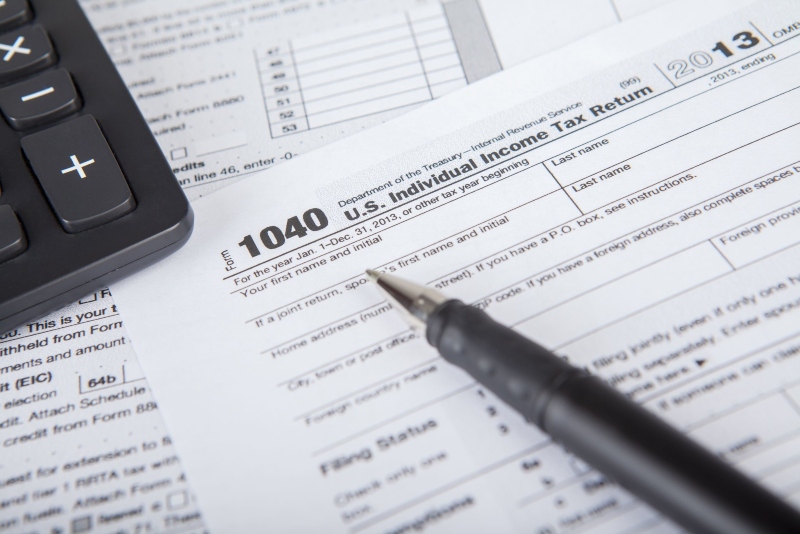
Certain states levy an annual property tax on RVs. Property taxes can also be set at the county or city level.
Property tax is almost always calculated as some percentage of the fair market value of the RV. The amount of property tax you pay typically decreases each year as the value of your RV depreciates.
11 states levy a property tax on RVs at the state level:
- Arizona
- California
- Colorado
- Iowa
- Kansas
- Maine
- Massachusetts
- Minnesota
- Nevada
- Utah
Another 16 states have property taxes on RVs at the local level:
- Alabama
- Alaska
- Arkansas
- Connecticut
- Georgia
- Indiana
- Missouri
- Montana
- North Carolina
- Oklahoma
- Rhode Island
- South Carolina
- Vermont
- Virginia
- West Virginia
- Wyoming
So, just over half of the states in the US have property taxes on RVs at some level. To better understand the property taxes you’ll pay in your state, you should check with your local and state authorities.
6. Maintenance Costs on RV
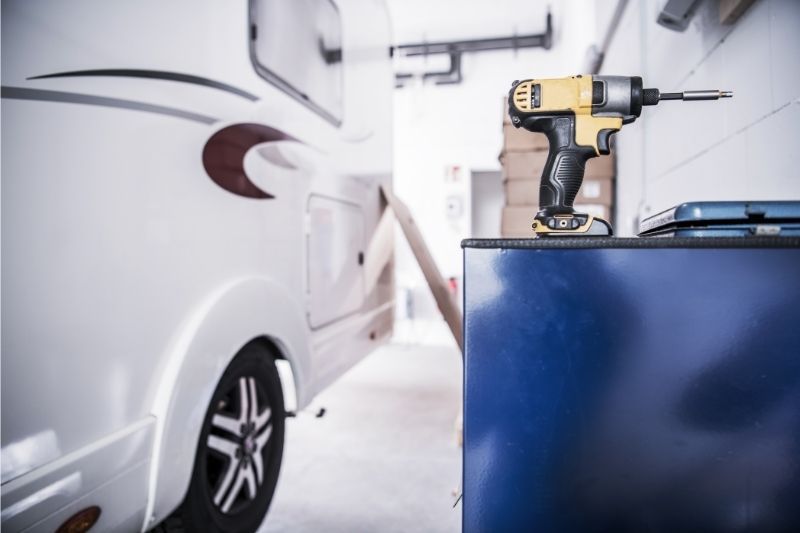
Maintenance might not be exciting, but it’s an essential part of owning an RV.
Even when you aren’t using it, your RV will need a maintenance check-up two or three times a year. Maintenance involves keeping your electrical, plumbing, vehicle, exterior, and interior sections in good working order. Most of the time, all you are doing is conducting a visual inspection, ensuring everything is “ship-shape.”
If you do it yourself, maintenance doesn’t have to be costly. Depending on what section you’re assessing, it takes a few tools, fresh fluids, the odd spare part, and a few other bits and pieces. And you can easily make use of a maintenance checklist to guide you.
Even if you pay a professional to handle maintenance, it’s well worth it. Skipping out on routine maintenance might save you a couple bucks in the short term, but you’ll pay the price (and then some) down the road.
7. Repair Costs on RV
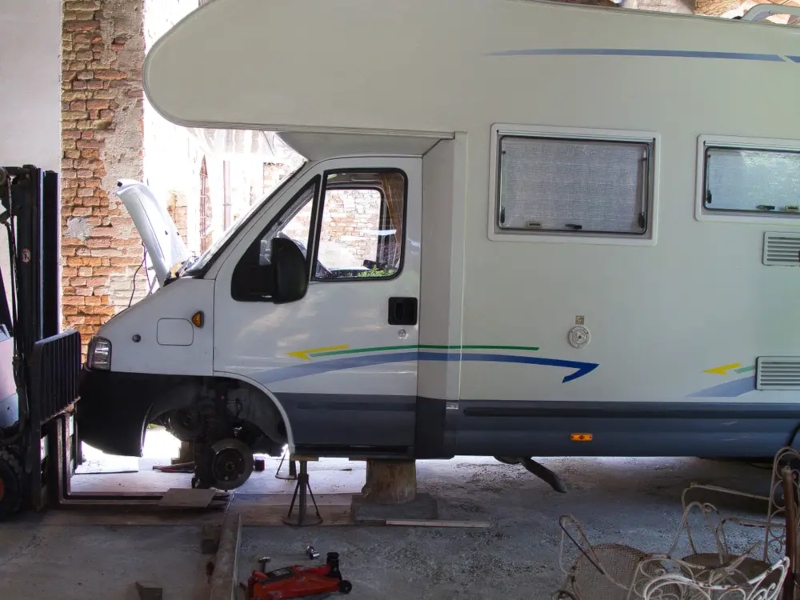
No matter how well you take care of your RV, repairs are inevitable. RVs take a lot of wear and tear during travel. The constant vibration from driving and other factors like potholes take their toll. And of course, accidents happen, whether they were your fault or not.
Thankfully, many RV repairs can be done DIY fairly easily. There are tons of resources to help you with repairs, such as RV blogs, YouTube channels, books, and more. In addition, a quick Googling of your issue is a great first step for information on how to fix it yourself.
Of course, if you don’t feel confident doing it yourself (or just don’t have the time), you can always enlist the help of a professional. Contact an RV mobile technician or your nearest RV service center about your issue, and they’ll get you back on the road as soon as they can.
8. RV Tire Maintenance & Repair
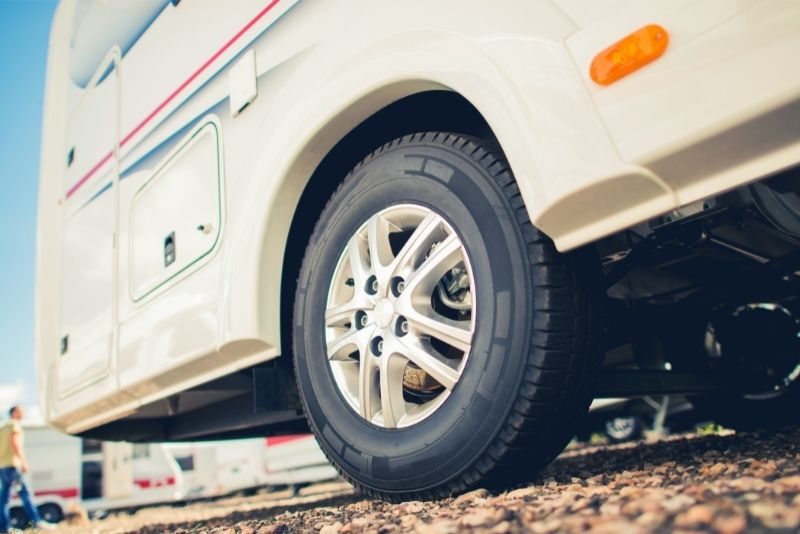
In addition to general maintenance and repair, you’ll need to give extra attention to one of the most essential parts of your RV: the tires. Poorly maintained RV tires can reduce gas mileage, negatively impact handling and traction, and blow out or dry rot, putting you and others on the road at risk.
RV tires are made differently from car tires. Therefore, proper maintenance is essential to keeping them in shape for safe travel. Ensure regular inspections and maintenance to keep your RV tires in good working order. Get them rotated, and do a visual inspection often.
It’s also important to limit their sun exposure when your RV is in storage (or parked at your favorite RV park) with RV tire covers. If you’re parking your rig for extended times, it can also be beneficial to park your rig’s tires on blocks or pieces of wood instead of grass.
Typically, you’ll also need to replace your RV tires every three to six years.
9. Proper Hitch and Stabilizing Equipment
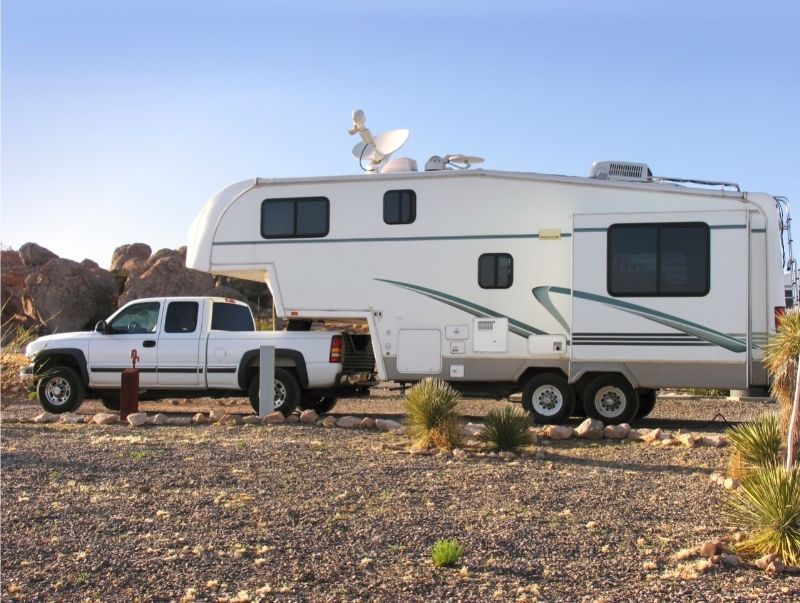
If you have a towable RV such as a travel trailer or fifth wheel, you’ll need to ensure you have the proper equipment to keep your rig on the road.
Using the wrong ball hitch, fifth wheel hitch, or anti-sway equipment or having it incorrectly installed is extremely dangerous to you and your RV. Always ensure you have the correct towing and stabilizing equipment and it’s securely and correctly installed.
Hitch balls come in four sizes: 1-¼”, 2″, 2-½”, and 3″. Of these, 2” and 2-½” are the sizes you’ll typically use for a towable RV. When buying and installing balls and hitches, make sure they’re an exact fit; if not, your trailer will come uncoupled, creating a massive hazard to everyone on the road.
Hitch balls are relatively cheap, typically in the $10 to $30 range. There are also special hitches with multiple ball sizes you can use, which are slightly more expensive. If you need to buy a hitch for your RV, prices start around $100 and can go as high as $1,000 or more.
Fifth wheel RVs use a fifth wheel hitch that you install in the truck’s bed, which tows it. When using a fifth wheel, ensure your hitch is installed correctly, and your RV is securely attached. Fifth wheel hitches start at around $150 and go as high as $2,000.
Whatever hitch you use, it’s essential to ensure you don’t exceed its weight limit. You should also ensure the weight is evenly distributed to ensure a smooth ride and proper control of your towed RV.
To help with control and weight distribution, it’s recommendable to use sway bars. These weight-distribution hitches help distribute your trailer weight evenly and reduce sway during travel. Sway control hitches are more expensive, starting around $400, but the extra cost is worth the extra security.
10. Essential Accessories
While you’re waiting for all the paperwork on your new RV to get signed, you may find yourself wandering the aisles of the RV accessories department. There are tons of accessories available for your RV, some useful, and some not so much. But, there are definitely some essential accessories you’ll want to buy before you hit the road.
Many of the most important accessories are for dealing with your waste tanks. You’ll want a sturdy RV sewer hose to empty out your tanks, plus nitrile gloves to keep your hands clean while dealing with the tanks and hoses.
RV toilets also require special toilet paper, so be sure to pick some up before you start a trip. Besides the special toilet paper, you’ll also want RV toilet chemicals. These essential chemicals will prevent odors and help toilet paper, and the solids in your waste tank break down.
Another essential accessory is an RV surge protector. This device plugs into the campground’s 30- or 50-amp electrical pedestal. You then plug your RV’s electrical cord into the surge protector. The surge protector maintains a steady voltage flow and protects your RV electronics from damage from a power surge (or drop).
Two other essentials for setting up camp are leveling blocks and wheel chocks. These are placed under your wheels to level your RV and keep the wheels from moving.
Finally, you should have a first aid kit and emergency roadside kit in your RV. No matter how careful you are, sometimes things go wrong, and you’ll want to be prepared for any contingencies.
What is the Best Month to Buy an RV?
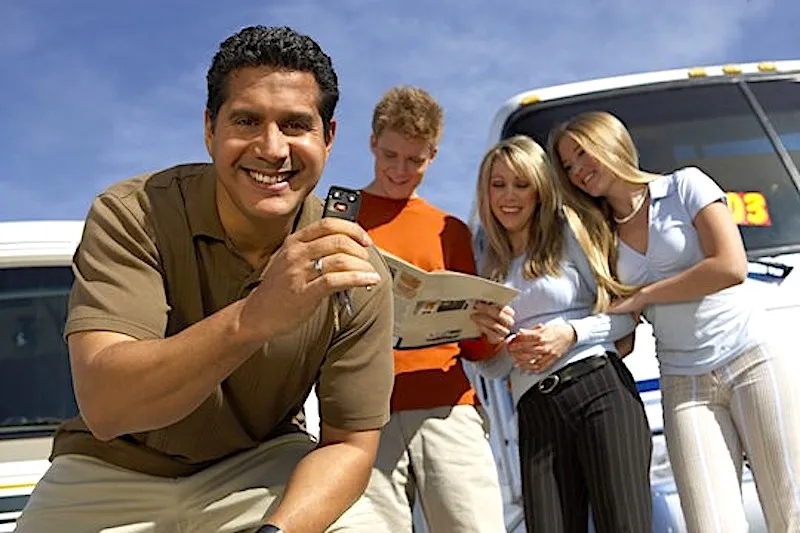
The state where you buy and register your RV affects the cost, but it’s not the only factor. Another big thing to consider is the time of year.
Demand for RVs is the highest during spring and summer, when conditions are the best for camping. And because of this demand, RV prices are typically at their highest during the spring and summer months.
Conversely, demand for RVs drops once the weather starts getting cold. As a result, RV prices tend to be at their lowest in the fall and winter. Also, you’ll have an easier time getting a good deal from a dealership because of lower RV sales.
Because of this, the best months to buy and register an RV are typically December and January. This is especially true in colder places, where snowy conditions make RVing much less enticing.
On the flip side, if you live in Florida or another southern state popular with snowbirds, you often see an influx of used RVs being sold at lower prices at the start of spring. But, again, this is due to snowbirds heading back north, often selling unneeded possessions as they do so.
Now You Know the Cheapest States to Buy and Register an RV
Depending on what state you buy and register your RV in, you can pay a lot extra in taxes. Thankfully, there are plenty of states where you can pay little to no sales tax.
Besides sales taxes, there are several costs to consider for owning an RV. Registration fees, maintenance and repair charges, accessories, and more will contribute to the final price.
An RV is a big purchase, but you can get a good deal and save yourself a lot of money with a bit of planning. And one of the most significant ways to save is picking one of the cheapest states to buy and register an RV.
1. RV Registration Rules by State
2. Should I Buy an RV This Year?
3. Which RV is the Easiest to Drive?
4. 10 Reasons to Avoid Drivable Motorhomes
5. Will Diesel Motorhomes Be Banned in the US?
About the Author
Jennifer and Kendall are avid RVers and part-time van lifers who share their years of experience both as full-time RVers and nomads through writing.
Jenn and Kendall have explored Canada, the USA, and Mexico while RVing and living full-time in all 3 countries.
They have been fortunate to work not only as part of the RVBlogger team but also with RVLife, DIY RV, Camper Report, RV Magazine, Rootless Living, Vanlifers, and more.
They have also shared their RV experience through DashboardDrifters.com and are the founders of RVSpotDrop, a web service for full-time RVers.


